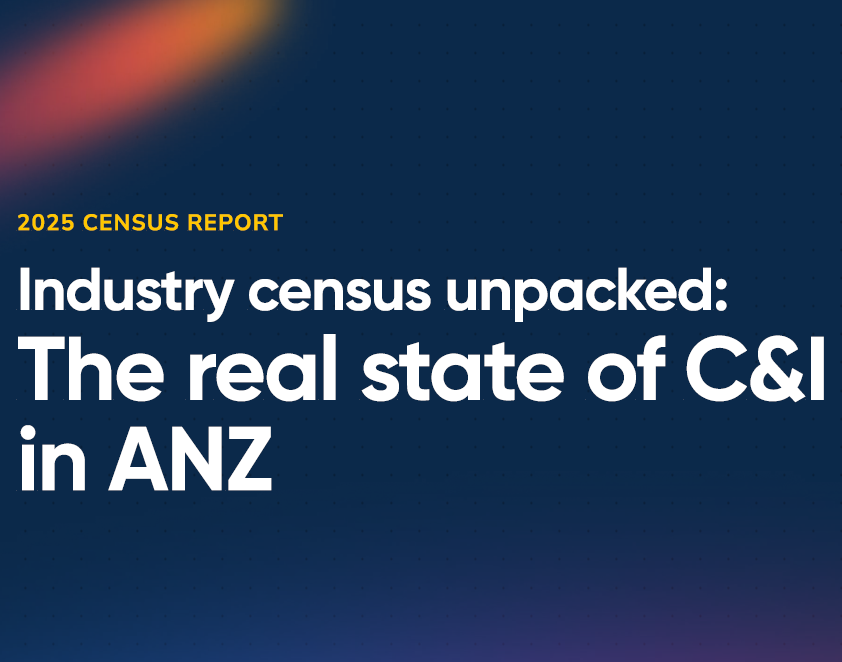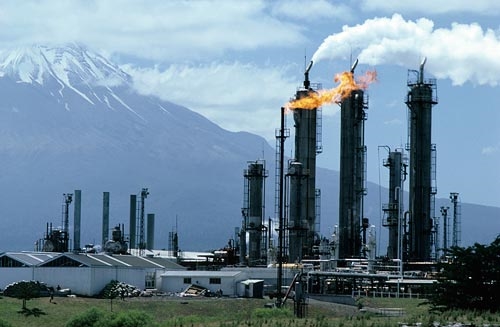Every year, more Kiwis are choosing to generate their own electricity with a solar power system - whether it’s for their business or for their home.
But it isn’t just about having a solar system; it’s about having the right solar power system for your needs. So how do you get more out of solar - and how do you avoid some of the most common mistakes? The ZEN Energy Systems team breaks it down.
Prioritising price over quality
There are some things in life where it might be sensible to sacrifice on quality in lieu of price. Solar power systems aren’t one of those things.
The right solar power system can last for years, even decades, and installing the wrong components - or the right components installed by the wrong people - can cause more trouble than good.
Generally, this issue falls into two categories:
- Poor quality components. Cheap solar panels, inverters, racking or batteries can have reduced performance, low efficiency, increased maintenance costs, and even a reduced life span.
- Poor installation practices. Don’t let an installer without the right qualifications and experience anywhere near your solar power system. A poor installation can result in water damage and corrosion, improper wiring, hot spots in the solder, and electrical hazards that cause fires - or electrocution.
The reality is that solar power systems are more affordable and efficient than ever, so if you’ve considered solar power in the past but balked at the price, now might be the right time to invest - using the right components, and the right people.
Poor system design
Solar power system design is about more than slapping some panels on a roof and calling it a day! A poorly designed solar panel installation can cause water drainage problems, shading issues, inappropriate inverter load, and ultimately lower efficiency for your power system. That, in turn, can mean that your solar power doesn’t go as far as you’d like, bumping up your utility bills or, in the case of off-grid systems, requiring the use of the generator more often.
Common design mistakes include:
- Installation of panels in partial (or even full!) shade.
- Incorrect orientation of the panels on the roof.
- Installing too few panels in sequence to activate your inverter.
- Putting panels on a roof that can’t hold them.
- Installing batteries when you don’t need them (or not installing them when you do)
- Incorrect use of a 1-phase system when a 3-phase system is required - and vice versa.
A solar power system must have an appropriate design to reach maximum efficiency. This comes back to having the right installer - don’t settle for a solar power company that lacks the right experience and qualifications.
Inappropriate system size
Technically, this counts as system design too, but it’s such a common problem that it’s worth having a section all to itself.
A solar power system can be one of three things: undersized, the right size, and oversized.
The right sized solar power system will provide you with everything you expect:
- Reduce your power bills
- Reduce (or remove!) your reliance on the utility companies
- Power you through blackouts
- Generate profit through solar credits
And more. Different styles and sizes of system will provide different things; there’s no one size fits all.
The problems occur when you have a system that’s too big or too small for your needs.
Too small, and you’ll have to draw on the power from the grid more often, increasing your utility bills and defeating a big part of the solar power experience: independence.
Too big, and you’ll be generating more power than you can actually use. While you can always sell this back to the grid, it’s generally more efficient just to use it yourself. Not to mention, a bigger system is (usually) more expensive, and who wants to pay more than they need to?
Your solar system installer should always consider:
- The size of your home
- Your expected energy consumption
- How much you want to reduce your power bills by
- Your future plans (e.g. would you like to add batteries eventually? Or invest in an electric vehicle?)
If you aren’t sure where to start, try out ZEN Energy Systems’ solar system calculator to get an idea of the system size you may want to invest in, and how much you can expect to save.
Trying to DIY it
We get it: do-it-yourself is part of Kiwi culture. Why get a tradie in to do something when you could do it yourself and save a few dollars? Plus there’s the opportunity to show off to your friends and family and say you did it all yourself. We’re all for independence at ZEN.
But here’s the reality. Trying to install solar power yourself is not only dangerous to you, but to your family.
Without the correct safety equipment, training, and qualifications, trying to DIY a residential or business solar power system can result in fines, injury, or even death. Falling from heights, electrocution, electrical fires - there are heaps of potential dangers in solar installation.
And that’s not all!
- Paperwork. Depending on where you live, your council and utility companies may require consent forms to sign off on your solar system. These can often be confusing, not to mention time-consuming, especially if you have to resubmit multiple times due to initial mistakes and subsequent rejections. Better just to let the professionals deal with it for you.
- Codes & Standards. All the components of your solar system must meet certain electrical standards. Qualified tradies will know these very well and will be able to help you choose the right parts. Even if you manage to source the dozens of components that meet the standards yourself, they may not be worth installing due to poor quality - a qualified professional won’t have that problem.
- Legality. Solar power systems must have an inverter to work. Most of the time, these are grid-connected inverters, the installation of which is considered a ‘high-risk’ prescribed electrical work - which requires certification and a record of inspection. Unless you have those certifications, you won’t be able to legally handle this incredibly important part of the install yourself anyway.
- Warranties. One of the biggest benefits of a solar installation is the length of warranties. Panels usually have 25-year warranties, and inverters can have 10 years or more. But these warranties usually stipulate that these components must be installed by a qualified installer, or else the warranty is void. Don’t wave goodbye to decades of protection because you fancy getting on the tools!
The right components, the right design, the right installation - there’s a lot to consider when investing in a solar power system. But there are ways to make it easy. All of these issues can be solved with a single solution: working with the right solar power company.
ZEN Energy Systems source the right parts, provide the right design, install all the components and get all the paperwork done for you, letting you enjoy your solar power without the headaches (and dangers!) that comes with trying to do it all yourself.
For more information and to start your journey towards clean, green power, get in touch with ZEN Energy Systems today.




